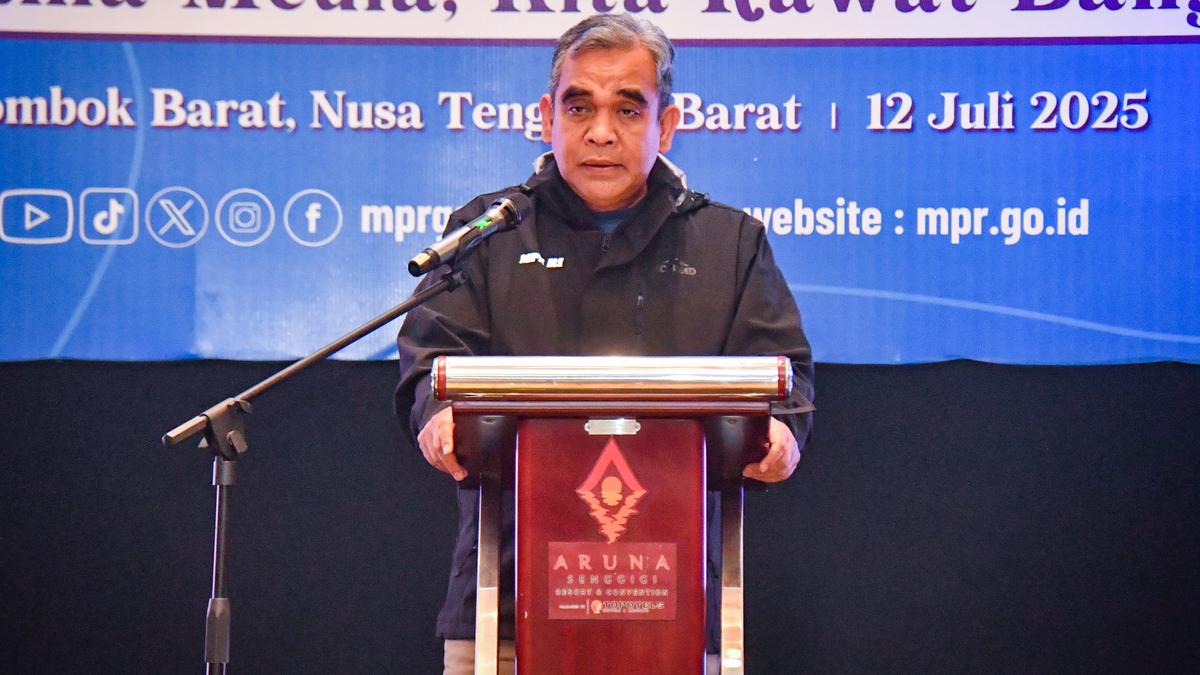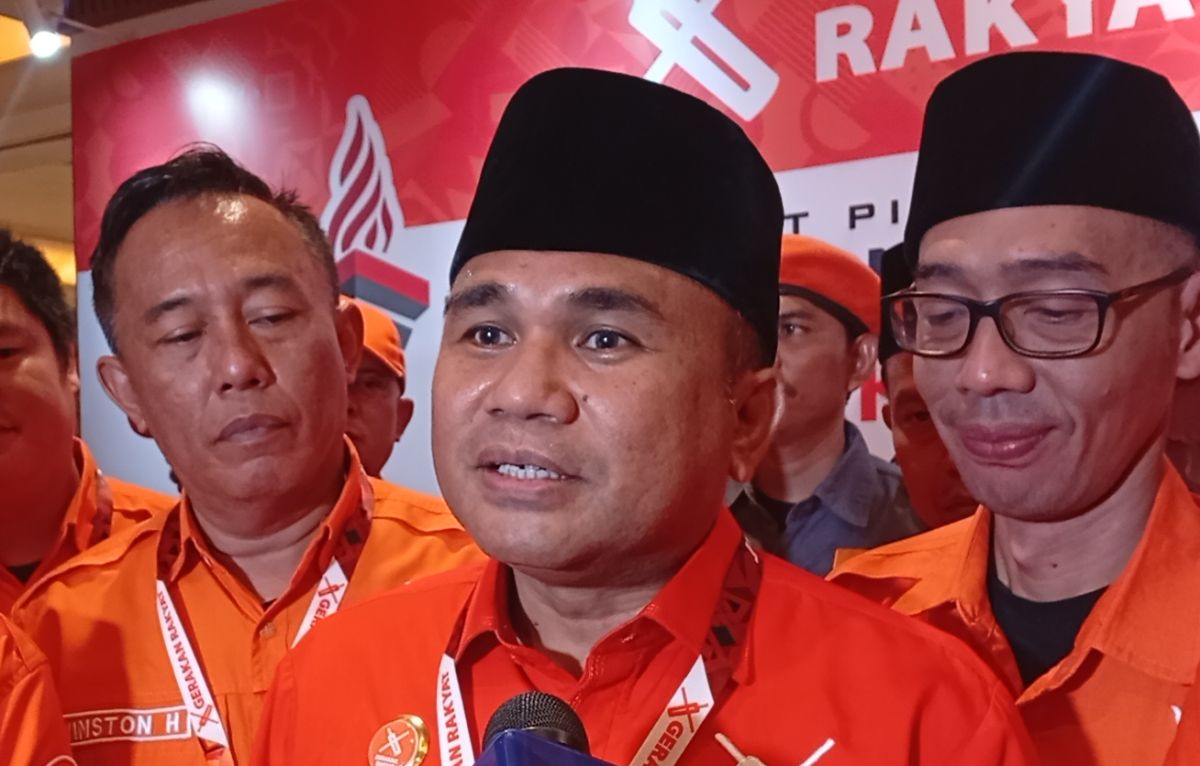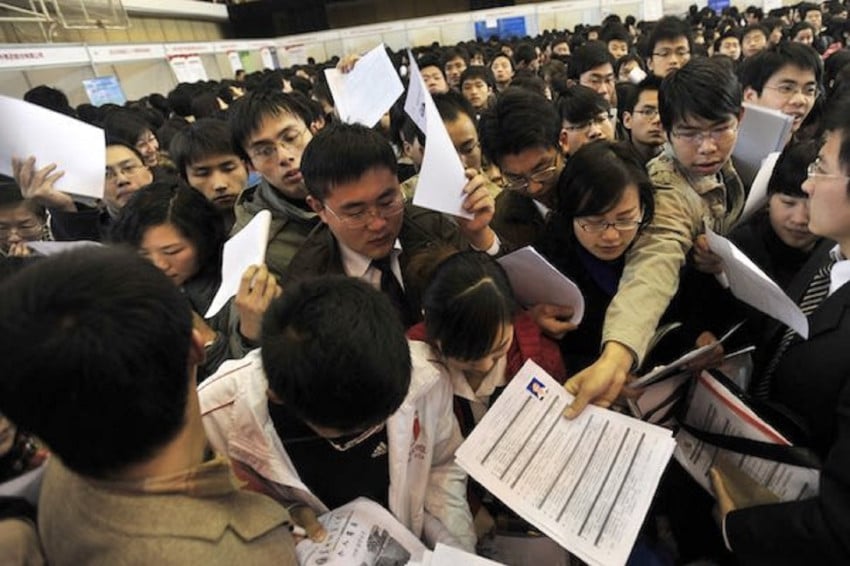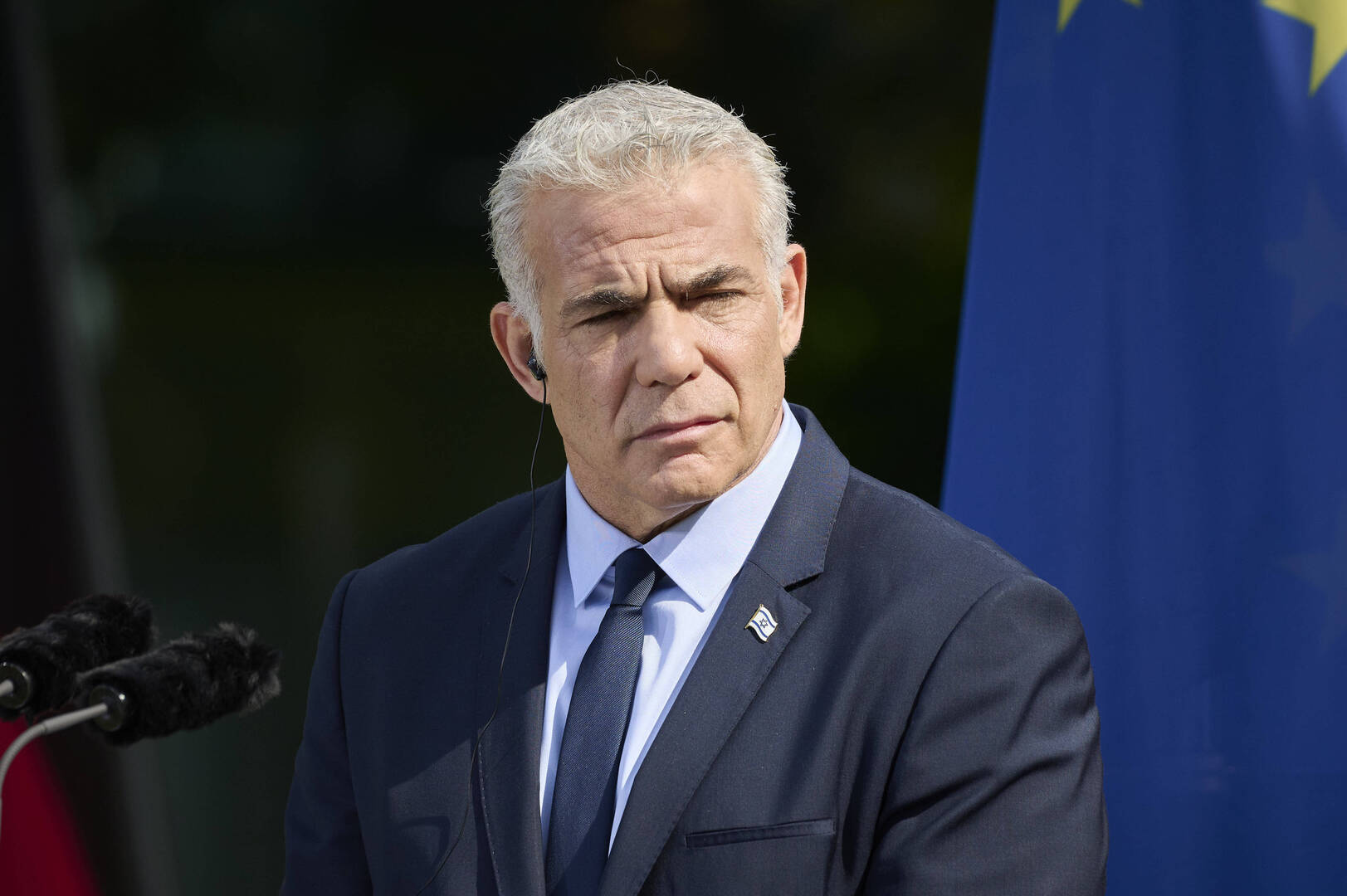Feihoo admits that he will agree with Vox if he does not reach the absolute majority in the next election
PP PP, Alberto Nunez Feihoo, admitted that his party would agree with Vox if they do not reach the absolute majority in the following universal elections. “If there were elections tomorrow, I am convinced that the PP will take the absolute majority. (…), if we have not received such an absolute majority, because we miss … Read more









